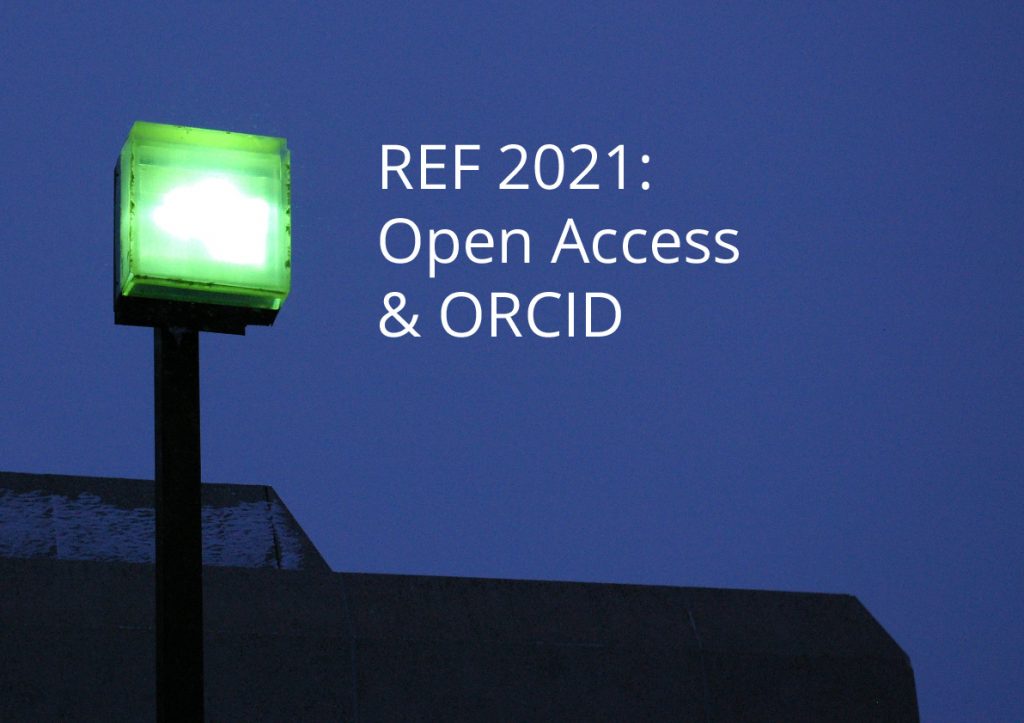Open Access
In terms of open access, it should be re-emphasised that journal articles and published conference papers are to be deposited in an institutional repository, no later than three months after the date of acceptance for publication in order to be eligible for submission to the REF. This applies to all articles accepted after 1 April 2016.
LSHTM maintains the repository LSHTM Research Online to help authors meet REF open access requirements. If you are a researcher and would like to make a deposit to the repository simply email your accepted manuscript and date of acceptance for publication to the Research Publications Team, based in the Library & Archives Service, at publications@lshtm.ac.uk.
It’s best to do this as soon as possible after acceptance, and not to wait for notice of publication. Publication may be several months after acceptance.
The vast majority of journal publishers allow you to use a version of your article on an institutional repository. The version permitted is often the accepted manuscript (i.e. your final draft manuscript, after peer review, but before publishers’ copyediting). Sherpa/Romeo is a useful resource to check what embargo periods are specified for particular journals (it’s usually between 6-12 months, and sometimes no embargo is required). Under REF policy, the embargo period for STEM subjects should not be more than 12 months, unless the journal is the most appropriate one for your article.
Articles should be emailed to the Research Publications Team regardless of the embargo period stipulated by the publisher of the journal. The Research Publications Team will double-check embargo periods and apply embargoes to the paper where required. This means that a record for your article will appear on LSHTM Research Online, but the public will not be able to download the paper until after the embargo period elapses.
When you provide an accepted manuscript to make open access in a repository like LSHTM Research Online, this is known as green open access. If you are paying for immediate open access via a publisher (gold open access), you don’t need to provide us with your accepted manuscript, instead when the article is published we’ll upload the final published version as allowed under a Creative Commons copyright license (which will allow us to legally reproduce the final published article in our repository).
ORCID
Researchers, although not required, are strongly encouraged to register for ORCID IDs for the next REF. LSHTM also highly recommends all research active staff register for an ORCID.
These are numerical IDs used to identify a particular researcher, and to distinguish them from other researchers with the same or similar names. There may be several people with the same name in any given field, so it’s important to make sure your work is attributed to you, the author!
ORCID also allows you to create a public profile with all your publications, acting as a kind of CV of your research profile. This profile is increasingly inter-operable with other systems, like grant submission systems and journal submission systems, so in the future you won’t need to re-enter all your publication history into different systems. In fact many research funders and journals are requiring at least the corresponding author has an ORCID, so it’s worth setting one up now.
To sign up for an ID from ORCID, simply fill in your details here. Then start using your ORCID in your future research outputs!










